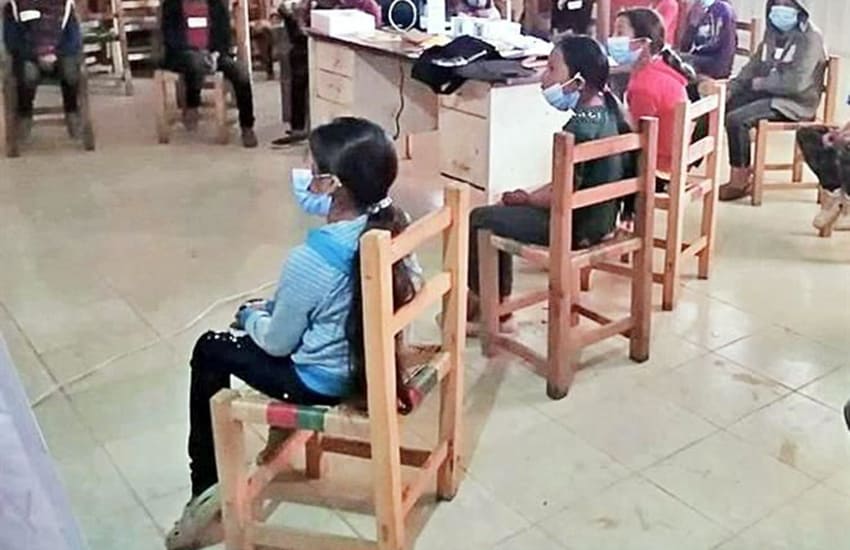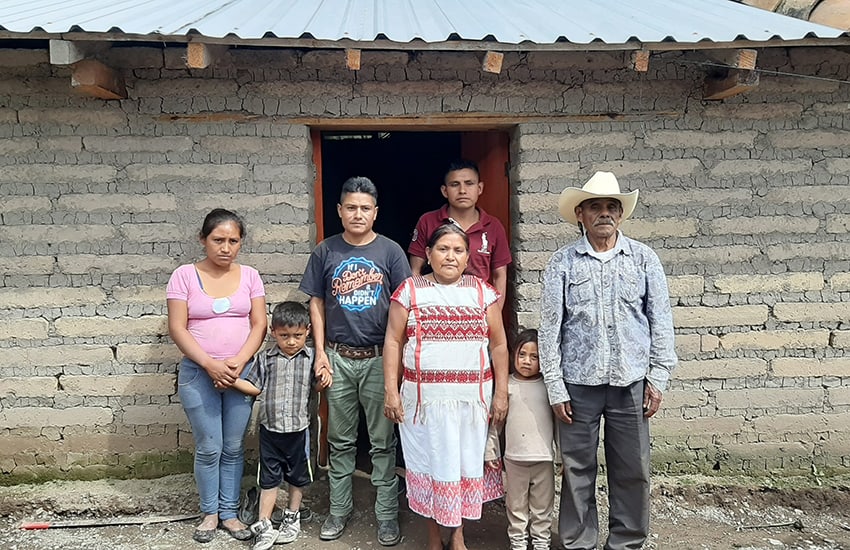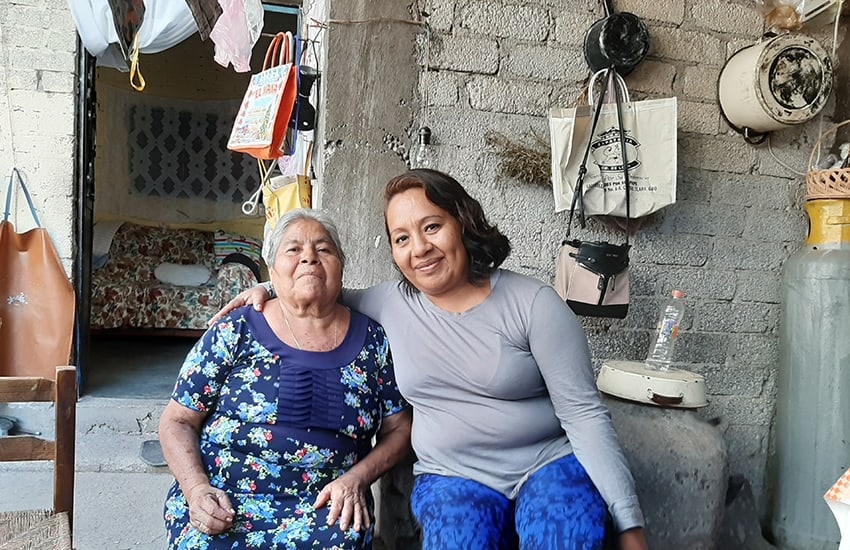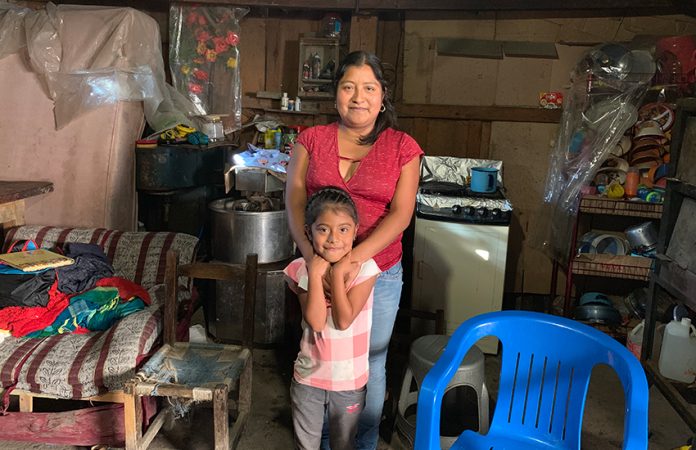Girls as young as nine are being sold into marriage for as little as 40,000 pesos (US $2,005) in Guerrero’s poverty-stricken Montaña region.
Young girls are being sold to their future husbands for 40,000 to 200,000 pesos (US $10,030), according to a report by the newspaper Reforma, which described the sale of child brides as a form of 21st-century slavery.
Part of the payment is sometimes made with cattle or even beer, Reforma said. The sale of young girls for marriage is a traditional practice in parts of Guerrero, especially in indigenous communities such as those found in the Mixtec municipality of Metlatónoc.
“It’s an old practice that we can’t eradicate even though the law says that the practice is a crime, human trafficking, specifically,” Serafín Nava Ortiz, a Metlatónoc lawyer and advisor to the municipal trustee, said in 2017.
The police chief in the town of Yuvi’nani said in an interview with the newspaper El Universal the same year that he had bought young wives for his sons, including a 14-year-old girl for whom he paid 110,000 pesos.

Asked where he got the money from, Melitón Hernández explained that he did pretty well as a migrant in the United States: “I brought about 300,000 pesos from there.”
He also joked that he had bought his own wife, saying flippantly that he paid “50 pesos about 55 years ago.”
According to Martha Givaudan, head of Yo quiero Yo puedo (I want I can), a nongovernmental organization that works with disadvantaged communities, an estimated 300,000 girls have been sold into marriage in Guerrero over the years.
However, she acknowledged that there are no exact figures because most sales of child brides and subsequent marriages are not reported to authorities. State and municipal governments in Guerrero are well aware of the practice but have done little to stop it.
Reforma spoke to several indigenous women who recounted their own experiences of being sold as brides when they were still girls or adolescents.
“They put a price on you and they sell you without asking, without telling you,” said a woman identified only as Julia who was sold by her grandfather when she was 13. “You don’t have the option to say no,” she said.

Julia, who left her husband after suffering beatings for years, said she received no help from authorities when she was trapped in an abusive marriage at a young age. She added that other child brides have experienced similar situations.
“Nobody in the town helped us, not the municipality, not the state government, not the federal government,” Julia said.
“[The traditional form of government known as] usos y costumbres supposedly protects [people], but in reality it allows the abuse of girls and women,” she said.
Mariana, who was also sold as a child bride, told Reforma that “a lot of girls are suffering.”
“Social programs don’t reach our towns and even less so to help women,” she said.
“… Why do the authorities allow the sale of girls to continue as though they were animals, seeking protection in the usos y costumbres?” Mariana said. “Drugs come in [to our towns] but not basic human rights.”

Another woman sold as a child bride criticized soldiers for not helping young girls who have had their childhood cut short by being forced to become wives and being put to work or to raise children.
“The soldiers that arrive in town, why don’t they defend us? On the contrary, they take advantage of us as well and do us harm,” Ana said.
Givaudan, the NGO chief, said girls are often forced to work by their buyers to pay off the “debt” they incurred.
“It might be that a man decides to buy a girl [for himself] or purchases one for his son,” she said.
“… In addition to the sexual exploitation that implies, … the girl goes to work in the home, making tortillas, making the food; she has to go out to plant crops and have children,” Givaudan said. “The whole traditional role [of a wife] is being imposed on girls when they should be in school.”
She also said that girls lives are also placed at risk because they often become pregnant before their bodies are ready.
Some become pregnant just when they’re reaching puberty, Givaudan said. “… It puts the lives of girls at risk, … they become mothers too early.”
Guerrero ranks second in the country for teenage pregnancies, Reforma said, adding that two of 10 births in the southern state are to mothers aged 19 or younger.
“It’s not just a problem of gender,” Givaudan said, referring to the engrained practice of selling young girls as wives. “It’s also one of rights, poverty and health.”
Source: Reforma (sp)
